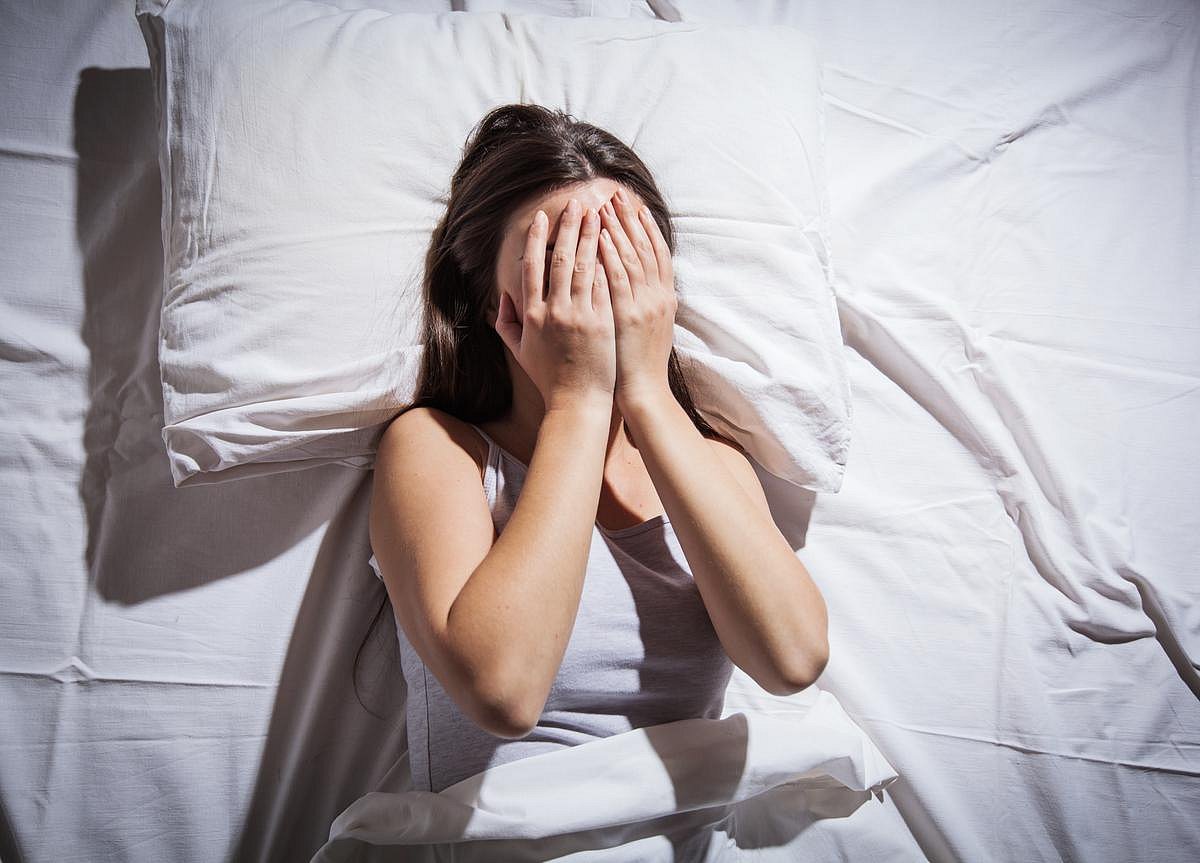Due to a recent change in our pharmacy software system, the process for submitting refill requests online has now changed.
Our previous mobile app and your current login credentials will no longer work.
Please click the Refill Prescriptions tab to begin the new process.
Thank you for your patience during this transition.
Get Healthy!

- Dennis Thompson
- Posted January 14, 2025
Sleep Deprivation Lets Intrusive Memories, Bad Thoughts Into the Mind
People with post-traumatic stress disorder (PTSD) are plagued by unwanted and distressing memories over which they have little to no control.
Doctors now think they understand why PTSD patients and others aren’t able to keep troubling memories at bay.
Sleep deprivation appears to interfere with people’s ability to restrict the retrieval of memories they’d rather suppress, according to a new study published recently in the journal Proceedings of the National Academy of Sciences.
MRI scans show that well-rested people have more control over regions of the brain that manage memories, results show.
“This is really important to our understanding of mental health issues as it is well documented that those who suffer with anxiety, depression or PTSD, also have difficulty with sleep,” senior researcher Scott Cairney, an associate professor of psychology with the University of York in England, said in a news release.
For the study, researchers used MRI scans to observe the brain activity of 85 healthy adults. Half the participants got a good night’s sleep in a sleep lab, while the other half stayed awake all night.
The research team then tested the participants’ ability to suppress memories.
“We have previously shown that the brain's ability to suppress such intrusive memories is contingent on obtaining restful sleep,” Cairney said.
“Suppression is a very clever function of the brain as it weakens all of the connecting traces of the memory, thereby inhibiting us from joining up all the dots to retrieve the full picture of the experience when it is triggered by an external stimulus."
The study participants were asked to look at faces that they had previously seen paired with images of scenes. Some of the scenes were disturbing, such as a picture of a car crash or a fight.
For each face they were asked to either recall or suppress the scene associated with it.
Well-rested participants asked to suppress the memory had more activity in the right dorsolateral prefrontal cortex -- a brain region that controls thoughts, actions and emotions -- compared to those who were up all night, researchers said.
People who got good sleep also had reduced activity in the hippocampus, a region involved in memory retrieval, when asked to suppress a memory, results show.
These results from MRI scans indicate that good sleep can provide people better control over the brain processes that control memory retrieval, allowing them to suppress intrusive thoughts.
“The participants who were sleep deprived were unable to engage the area of the brain that helps us suppress unwanted memories,” Cairney said.
“Consequently, they could not quash memory related processes in the hippocampus that give rise to intrusive thoughts.”
Rapid eye movement (REM) sleep also is associated with better memory control, researchers added.
People who got more REM sleep were better able to engage the right dorsolateral prefrontal cortex during memory suppression, Cairney said. REM sleep is known to be related to both dreaming and memory consolidation.
“Now that we have better understanding of the mechanisms in the brain that can help restrict negative memories and thoughts, we can perhaps work on more targeted treatments and behavioral therapies that help with improving sleep and as a result support the brain in doing what it has so cleverly adapted to doing, allowing us to lead mentally fit lives,” Cairney concluded.
More information
Johns Hopkins Medicine has more on how the brain works while sleeping.
SOURCE: University of York, news release, Jan. 8, 2025
